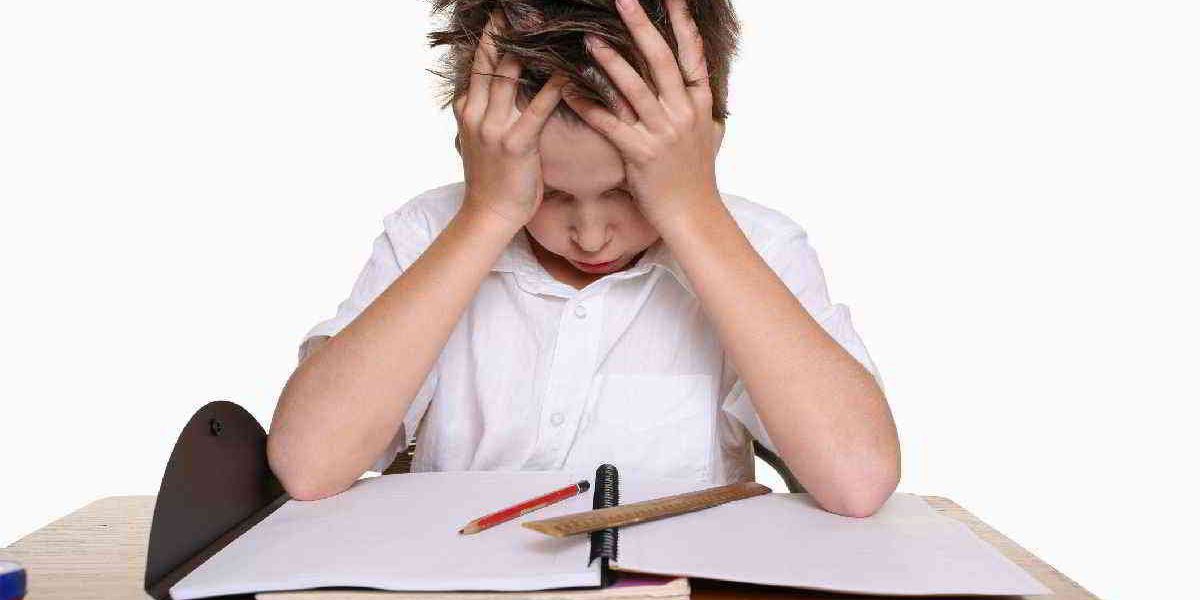Attention Deficit Hyperactivity Disorder
Does your child suffer from ADHD and you don’t know it ??
WHAT IS ADHD?
Many children and particularly those under 5 are restless and are unable to focus attention on tasks for too long. This does not necessarily mean that they are suffering from ADHD. Children with ADHD typically have problems with inattention, hyperactivity and/or impulsivity. These behaviors become a problem to a child and their family when they are more severe compared to other children of the same age group, and when the behavior impacts negatively on the child’s social, family and school life.
WHAT ARE THE SYMPTOMS of ADHD?
Children with Attention- Deficit Disorder (ADD) or Attention Deficit Hyperactive Disorder (ADHD) may present with some the following problems:
INATTENTION
- Often does not seem to listen
- Has difficulty listening to and carrying out instructions
- Is easily distracted
- Has a very short attention span
- Often fails to complete things s/he starts
- Has difficulty concentrating on school work or other tasks that require attention
- Has difficulty sticking to some play activity.
HYPERACTIVITY
- Has difficulty sitting still, especially in a calm or quiet environment.
- Is very overactive and often runs about or climbs onto things.
- Has excessive physical movement as though “driven by a motor”.
IMPULSIVITY
- Often acts before thinking.
- Is unable to wait their turn
- Shifts a lot from one activity to another
- Has little or no sense of danger
- Needs a lot of supervision.
ADDITIONAL CHARACTERISTICS AND SIMULTANEOUS CONDITIONS
In addition to the above core symptoms, a child with ADD/ADHD may have numerous other problems to a varying degree. These include disorganization (in physical appearance or in organization of everyday life), a poor relationship with siblings and/or peers, aggressive behavior, poor level of self-esteem, poor coordination, memory problems and persistent obsessive thinking.
A child with ADD/ADHD may also have other problems or conditions that may require treatment. Professionals assess for, and treat these simultaneous conditions when they appear alongside ADD/ADHD. These conditions include, anxiety disorders, depression and more frequently found oppositional defiant disorder, conduct disorder or sleep problems.
Oppositional defiant disorder (ODD) is common among children with ADHD, and involves negative and disruptive behavior towards authority figures, such as parents and teachers. Children with conduct disorder tend to act out in highly antisocial ways, such as fighting, stealing and vandalizing properties. Children with ADHD who are very hyperactive may also find it hard to settle to sleep and may have disruptive sleep patterns.
WHY IS IT IMPORTANT TO TREAT YOUNGSTERS WITH ADHD?
Children and adolescents with difficulties in overactivity, inattention and impulsivity often need to be psychologically treated because these behavioral problems may develop into numerous secondary problems with academics and relationships. For example, attention difficulties may result in poor school achievement, whereas impulsivity and aggression may lead to difficulties in making and keeping appropriate peer relationships, friendships and support groups. Inattention, impulsivity and overactivity make it harder for youngsters to conform to parental and academic expectations. Therefore, youngsters with these symptoms are frequently in conflict with their parents and teachers. Impulsivity in adolescence can lead to several problems, including excessive risk taking behavior, such as dropping out of school, dangerous driving and substance abuse. These risk taking behaviors are likely to have serious consequences on the youngster’s future adjustment.
